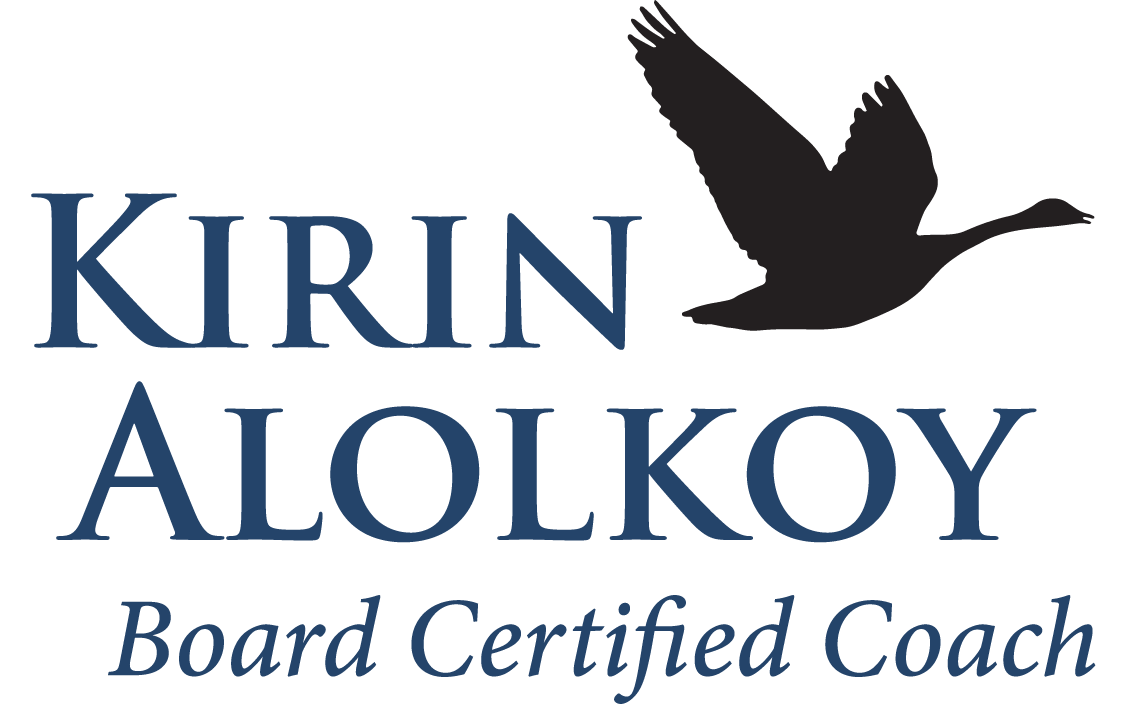Befriending Gremlins
I originally wrote this article for the Institute for Life Coach Training blog. It was written for coaches, but clients may also find it useful as a reflection of my coaching approach.
Have you ever hit a wall with a coaching client? Did you find yourself thinking that person might not be “coachable”? Our clients inevitably encounter obstacles as they pursue their ideal life. As coaches, our mindset about these obstacles has a profound impact on the coaching process as well as the outcome.
Imagine that you’ve recently started working with a coaching client who wants to move in a new career direction. You’ve had several very positive sessions so far. She’s completed her fieldwork each week and has challenged herself to try out new options. She’s come to each session with new insights and a lot of excitement about the progress she’s making toward her goal.
Now it’s nearing the end of her fourth session, and it sounds as though she’s got a great plan for the next week—it’s a stretch, but not too much for what she says she can handle. You ask how likely she is to follow through on the fieldwork the two of you have designed together. She says 100 percent—she’s really going for it! You’re excited to see her moving forward, as you really want her to succeed.
Fast forward to the start of your next session with this client. Zero. Nada. She hasn’t done a thing regarding her plan. When you ask her what got in the way, she says one (or more) of the following:
• I didn’t feel very positive this week.
• I’m stuck.
• I feel powerless.
• I didn’t get to my fieldwork—I just didn’t feel like it.
• Figuring out a new career seems like too much work.
• My current job isn’t all that bad.
• I need a vacation more than a new career.
• It’s ridiculous for me to go for such an ambitious goal. What was I thinking?
• I don’t think this coaching stuff is working. Maybe I need therapy. Or maybe I just need to go out more and have some fun.
You smell a gremlin—perhaps an entire herd of them. A gremlin is a negative inner voice that blocks success and satisfaction in life. Whether conceived of as an inner critic or saboteur, a reflection of low self-esteem, or the voice of fear, doubt, procrastination, or another emotion, a gremlin is a creature that represents some form of negative self-talk.
The term gremlin, as used in this context, originated with Rick Carson’s book Taming Your Gremlin: A Surprisingly Simple Method for Getting Out of Your Own Way, originally published in 1983. A web search on coaching sites yielded a host of descriptive terms on the nature of gremlins, including sly, sneaky, subversive, fear-based, negative, pesky, sneaky, pushy, relentless, snarky, and powerful. Common perceptions would suggest that gremlins have nothing good to say about you or anything you do, and that they want you to believe that anger, hate, greed, jealousy and procrastination are good things.
If that’s true, it would make sense to try to slay or banish them so our clients are freer to reach their goals. However, if you’ve tried to implement these kinds of strategies with your coaching clients—or in your own life—you know that they don’t work. The reason these strategies don’t work is because they involves banishing parts of us, which forces those energies to become more insistent and extreme in their attempts to get our attention. As Swiss psychologist Carl Jung said, “What you resist persists.”
What if that view of gremlins isn’t accurate? What if they’ve just gotten a bad rap in a culture that doesn’t like to look at its dark side? What if, as the Internal Family Systems approach asserts, gremlins have positive intent at their core? And what if they actually hold crucial puzzle pieces in the quest for success?
When we learn to listen to gremlins, they transform into powerful allies that can make important positive contributions to our lives. We need only open the door and develop a respectful, appropriate relationship with them for the switch to take place. Far from wanting to make us miserable, these little beings actually want to help us move forward in our lives. For that to happen, we just have to start listening from a centered place and provide them with witnessing and wise leadership.

“Trust what your unconscious is up to, no matter how bizarre, how forbidden, how complex. The main characteristic of creative persons is an enormous tolerance for ambiguity. Permit yourself not to know.”
— Robert Burdette Sweet
